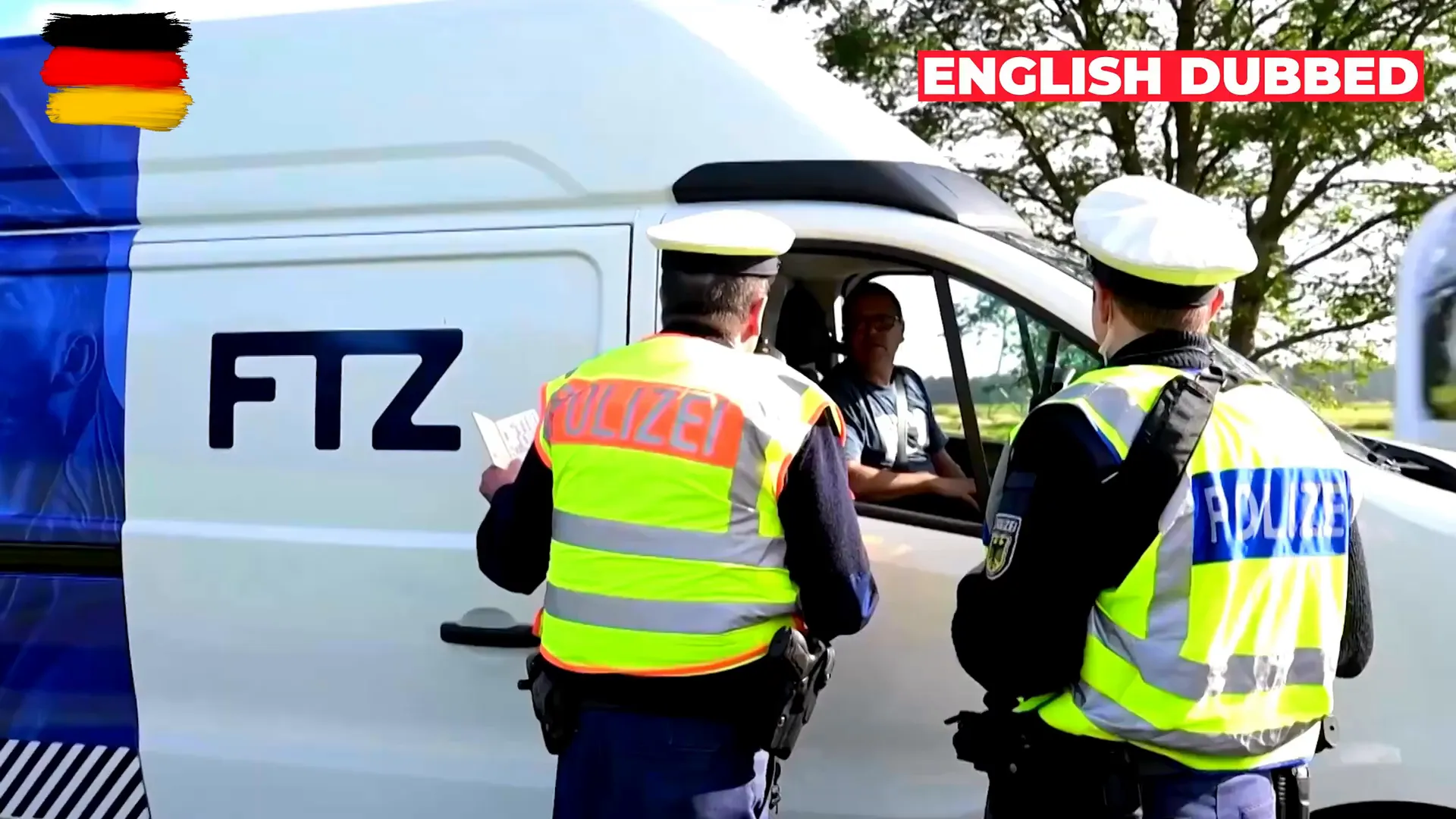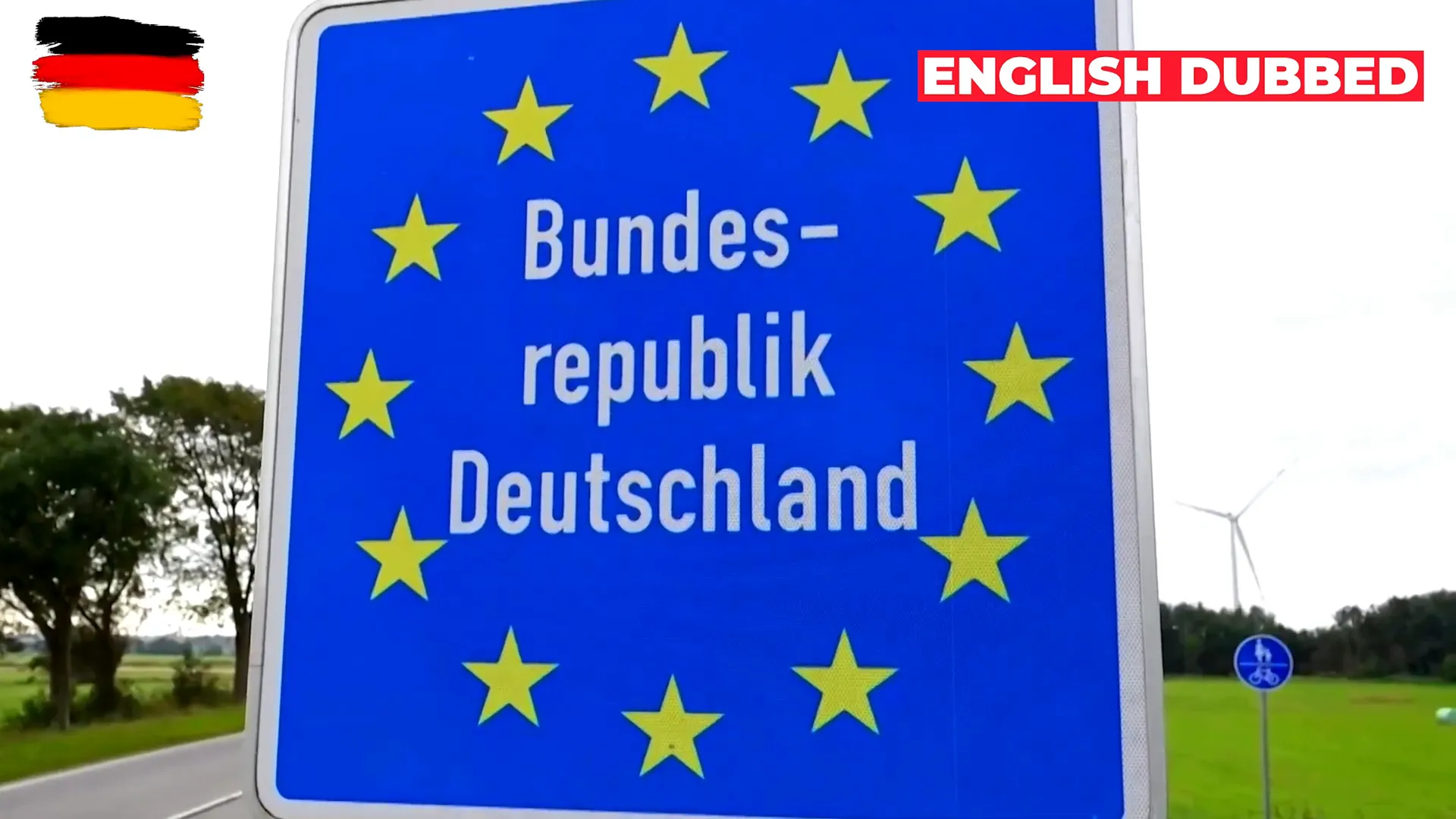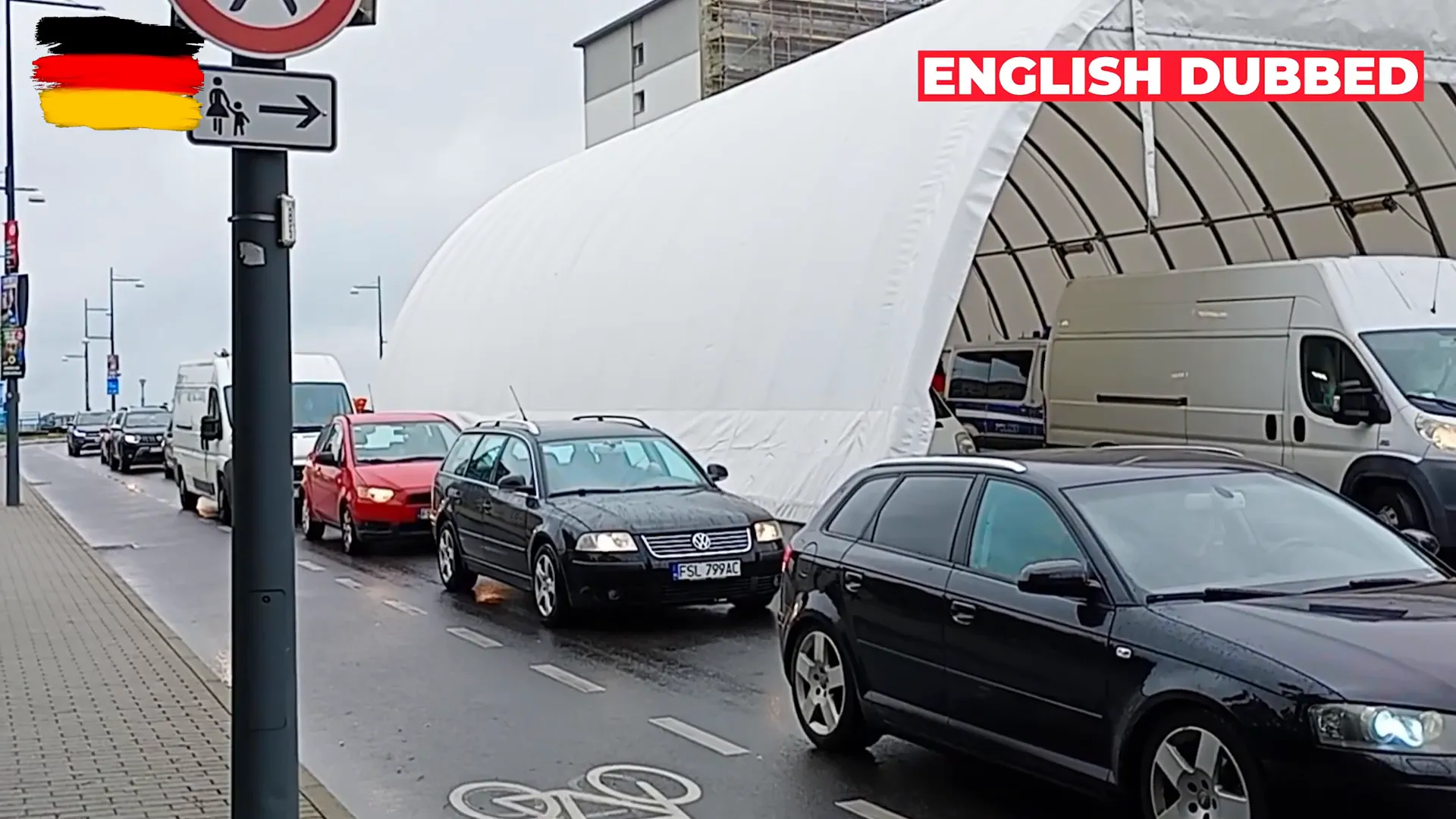In response, to threats Germany is taking steps to strengthen its security and tackle the issues related to migration. This move follows a notable Islamist terrorist incident prompting the government to introduce a detailed security plan focused on improving border security and safeguarding its citizens.
Introduction to the Security Package
The German Interior Ministry has rolled out a comprehensive security plan that includes measures aimed at tackling migration and bolstering national safety. This initiative is a response to incidents but part of a strategy to deal with issues related to migration and terrorism.
Key Components of the Security Package
The security package includes important elements designed to strengthen border security and improve law enforcement effectiveness.
- Consistent Deportation of Violent Offenders: A fundamental aspect of the package is the commitment to deport individuals who pose a threat to public safety.
- Knife Bans and Gun Control: The introduction of bans on knives in public spaces and the expansion of gun ban zones are intended to reduce violent crime.
- Facial Recognition Technology: The implementation of facial recognition systems for offenders will assist law enforcement in identifying and apprehending suspects more effectively.
- Deployment of Federal Police: Increasing the presence of federal police at critical locations, including borders, airports, and railway stations, is essential for maintaining security.
The federal cabinet has given the green light to these measures which are now poised for fast tracking in the German Bundestag ensuring their prompt enforcement.
Strengthening Border Controls
In order to address migration Germany is expanding its temporary border checks to cover all land borders. This move is crucial for the countrys approach to curbing the flow of migrants and dealing with the risks associated with terrorism and organized crime.
Recent Achievements in Border Enforcement
With the implementation of border controls Germany has seen more than 30,000 denials at its borders. This figure underscores how successful the present policies are in discouraging migration.
The expansion of border checks goes beyond statistics; it involves safeguarding the well being of German citizens and upholding societal peace.
Collaborative Efforts with Neighboring Countries
Germany acknowledges the significance of working together with nations to address migration issues and improve security protocols. The government has started talks with countries, like the Czech Republic, Poland, Austria, Switzerland, France, Belgium, Luxembourg, the Netherlands and Denmark to align their border enforcement strategies.
Legal Framework and Compliance
Alongside these security measures Germany has established a deportation system that aligns, with European laws. This system guarantees that all actions carried out are in accordance with standards further solidifying the dedication to upholding the rule of law.
The government has carried out a thorough examination to explore and implement legal pathways, for deportations showcasing a proactive stance in addressing migration issues.
Engagement with Political Parties
In order to promote a strategy, for security and migration the government is holding discussions with the CDU and CSU the main opposition parties in the Bundestag. The goal of these talks is to reach an agreement on the proposed measures and secure widespread political backing.
Challenges and Future Directions
Although the implemented measures are important the German government recognizes that there are still obstacles to overcome. The rise in migration figures is a pressing issue that requires continuous attentiveness and adjustments to approaches.
Additionally the government is dedicated to striking a balance, between requirements and individual freedoms making sure that all actions taken are fair and effective.
Conclusion
Germany’s extensive security plan is a strategy, for improving safety and addressing issues. Through measures such as enforcing border security collaborating with nations and promoting diplomatic partnerships the government seeks to protect its people while upholding legal and humanitarian principles.
This project plays a role, in ensuring safety and stability, amidst a world. The focus on continuous communication and collaboration will be essential in tackling the upcoming obstacles.
